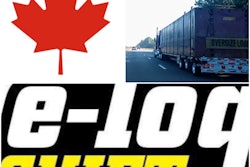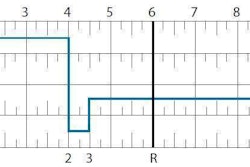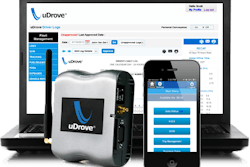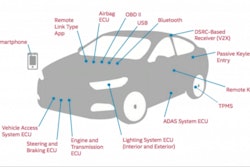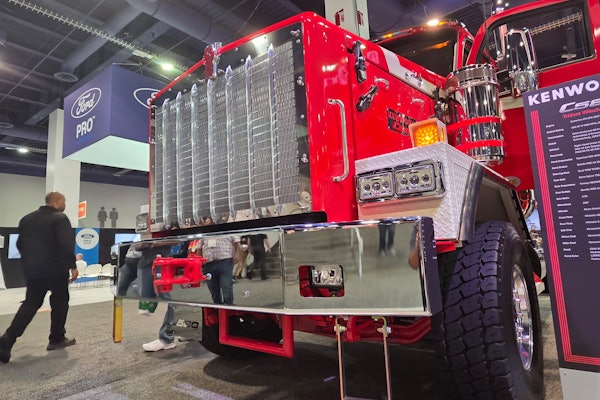Unless the Owner-Operator Independent Drivers Association’s lawsuit derails the electronic logging device mandate, you’ll need to use an ELD by Dec. 16, 2017, with some exceptions. Most notable is owning a truck with a 1999 or earlier model year, though there are others (see the following link and the sidebar below):
Owner-operators leasing to large fleets are most likely to use, if they don’t already, systems selected by those fleets. However, independents leased to smaller operations, moving frequently between leasing fleets or operating with their own authority likely will have a choice to make.
That’s getting to be a complicated decision. Not only has the ELD market grown substantially in the months following the release of the ELD final rule, it’s also not entirely clear whether certain products meet or will meet the Federal Motor Carrier Safety Administration’s compliance criteria, even when they’re listed on the agency’s own registry.
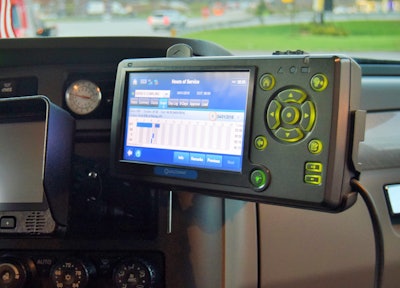 Though FMCSA is not literally “approving” the devices, it at least requires that providers supply a wealth of product information, vetted by the agency, in order that observers can be reasonably certain a device complies. Much of that information is available for each supplier on the device registry. As more devices are added, Overdrive will continue to update its own comparison chart to reflect whether or not the device is included on the registry.
Though FMCSA is not literally “approving” the devices, it at least requires that providers supply a wealth of product information, vetted by the agency, in order that observers can be reasonably certain a device complies. Much of that information is available for each supplier on the device registry. As more devices are added, Overdrive will continue to update its own comparison chart to reflect whether or not the device is included on the registry.When Overdrive surveyed the ELD market in August last year, a comparison chart showed specs and price points for 13 well-known devices made by 11 manufacturers. The updated online version of that chart covers 26 devices or product lines from 23 providers, as of this writing.

Until recently, one more, the InView e-log from load board stalwarts DAT, was also there. But shortly after its introduction, DAT Product Vice President Greg Sikes reported the company was pulling out of the ELD market. He cited “commoditization” of the market, or the process by which a product or service becomes widely available, fairly easily interchangeable between brands and more affordable.
Underscoring the pricing race was Truckstop.com’s announcement that the cost of its current CFR 395.15-compliant uDrove e-log was slashed from $40 monthly to $25. That’s in line with pricing offered by a bevy of bring-your-own-device (BYOD) e-log systems pairing an engine connection with software on an operator’s smartphone or tablet. All in for a one-truck owner-operator, BigRoad’s DashLink system comes at $25 monthly, KeepTruckin at $20. After hardware-purchase costs, J.J. Keller’s Encompass system’s subscription price is below $20. Rand McNally in March introduced the ELD50, its monthly service charge after up-front equipment costs expected to be $15.
At least one lesser-known provider, Fleet Complete, offers its e-log for a mere $7 monthly. However, it’s not available for that standalone functionality as yet. “Currently, you would need the Fleet Complete system in addition, so this is an add-on,” says company rep Roopa Shah. The base system is $29 a month. “In the future, it may be a standalone, and/or you can have a stripped-down basic version of the Fleet Complete system.”
That low add-on subscription price, nonetheless, could be a sign of where things could go.
The only approved devices, according to the ELD final rule, will be those listed in FMCSA’s ELD device registry. Published in February, it lists only three projects.
Exemptions to 2017 ELD compliance
|
The Ohio Trucking Association, in its comments on the ELD final rule and as has been noted in prior reporting, objected to the device registration and certification process as adopted because the registry lists only products self-certified by the providers themselves. Since FMCSA has not actually approved the devices, OTA argued, it puts carriers at great risk if they inadvertently choose a noncompliant product.
The distinction isn’t obvious. Also as we’ve previously reported, the registry website has this disclaimer: “These devices are self-certified by the manufacturer and not by the Federal Motor Carrier Safety Administration.”
FMCSA’s final rule outlines a process by which devices could be removed from the registry if found noncompliant, offering the provider opportunity to correct the issue and thus perhaps spare its customers a noncompliance finding. Providers self-certify their products, FMCSA spokesman Duane DeBruyne emphasized, “under penalty of perjury.” Noncompliance with device specs in the rule would thus open up the potential for legal action.
Following the intial three certified devices, in May the agency set up a vetting process for product registrations, contacting the initial three to request further documentation. Going forward, officials say, no certification of an ELD provider will appear on the registry without the same prior vetting of the information.
That vetting, however, doesn’t constitute a compliance field test, the officials noted. Future enforcement of device compliance is expected to rely on roadside enforcement and other investigations, which the FMCSA will conduct “when warranted,” DeBruyne says.
Dylan Moyer, Sales and Marketing Analyst for Continental’s VDO RoadLog e-log, says no device can truly claim to be compliant with the ELD rule today. Writing on the Continental website, Moyer said:
The rule requires that ELDs must be able to transfer data to the enforcement officer’s system either through wireless communication (wireless web services or e-mail) or local transfer (USB or Bluetooth).
For all four of these data transfer methods, key elements have not yet been specified by the FMCSA. As of today, the FMCSA has not specified which file system is to be used, what the client/server role definitions will be, what the data exchange protocol layers will be, or what the process to exchange the encryption keys needed to electronically sign the data will be.
Read more about FMCSA’s vetting process for early-registrant devices, such as it is (and as reported last month), at this link:
“None of the big names” in electronic hours of service compliance are listed yet on the registry, says Thayne Boren, mobile manager for Truckstop.com. He suspects the makers of most devices, like the company’s own uDrove e-log, continue to work to “engage the DOT and FMCSA” so that there is no question of compliance. “We want to submit it right the first time.”
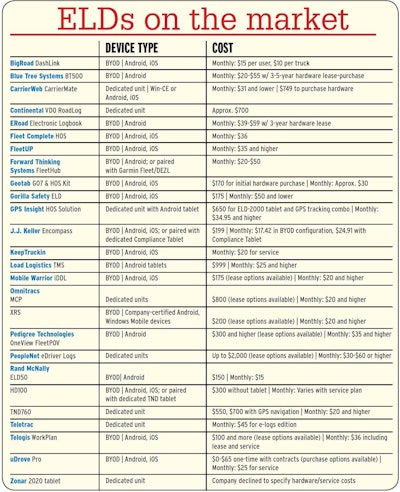 Most ELDs pair an engine-connected relay with another device, often an operator’s smartphone or tablet, hence the common BYOD (Bring Your Own Device) designation. For such devices, some contain a cellular connection within the engine-connected relay, some don’t. For those that don’t, generally, extra costs incurred for data-plan charges on a smartphone are not reflected here. Most devices are capable of other functions. The chart above is excerpted from the June issue of Overdrive, which went to press prior to some recent updates to a few device makers’ listings. For a full, updated list showing functionality, from IFTA reporting and engine diagnostics to document capture and GPS navigation, follow the link below:
Most ELDs pair an engine-connected relay with another device, often an operator’s smartphone or tablet, hence the common BYOD (Bring Your Own Device) designation. For such devices, some contain a cellular connection within the engine-connected relay, some don’t. For those that don’t, generally, extra costs incurred for data-plan charges on a smartphone are not reflected here. Most devices are capable of other functions. The chart above is excerpted from the June issue of Overdrive, which went to press prior to some recent updates to a few device makers’ listings. For a full, updated list showing functionality, from IFTA reporting and engine diagnostics to document capture and GPS navigation, follow the link below:
